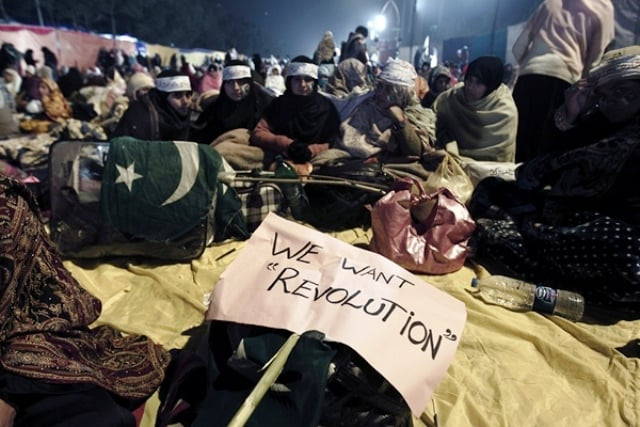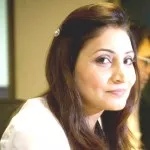The last session of Parliament will mark the government’s completion of its constitutional tenure, irrespective of the fact whether the roots of true democracy have been nurtured or not.
The past five years have been a highly tumultuous period with economic slowdowns, corruption and terrorism plaguing the country like never before.
A look at the functioning of the legislative assembly shows the political tension between the winners of the 2008 elections and the main opposition party, with little constructive performance by the former and productive criticism by the latter.
The achievements of the PPP government do not match the criterion necessary for the reconstruction of the country and promotion of development, justice and solidarity in Pakistan. The current government is leaving a legacy of an unending trail of problems, which will continue to haunt the next political set-up.
Hence, there are certain questions hanging in the air as to how the next government will grapple with the situation.
For instance, what do the elections mean for Balochistan where the centre had to dismiss the provincial government for failing to control terrorist activities and incidents of forced disappearances?
With political parties keeping an eye on the share in the new set-up, it is hard to say whether they are ready to deal with the Hazara demand for a separate province and bring about a consensus on turning southern Punjab into a new province, too.
Do they have a viable plan to end militancy which has penetrated deep in the social fabric? And what mechanism is going to be in place for the revival of the economy?
Pakistan is a complex country and we need a complex way of dealing with the issues it faces, as it is splintering in different directions — ethnic, religious and sub-national.
However, despite all the negativity, which prevails among the masses due to the ineffective political system, we can no longer afford to give any more chances to military dictators as it is not the army’s job to run the country.
We don’t need Tahirul Qadris and so-called revolutions as Pakistan’s political system is still evolving.
Therefore, setting cynicism aside, one can only hope that the forthcoming polls will be held in an environment of stability, order and civility with respect for the people’s sovereign power.
Read more by Sumeera here.
Fragile political transition towards democracy
We can no longer afford to give any more chances to military dictators as it is not the army’s job to run the...



COMMENTS
Comments are moderated and generally will be posted if they are on-topic and not abusive.
For more information, please see our Comments FAQ